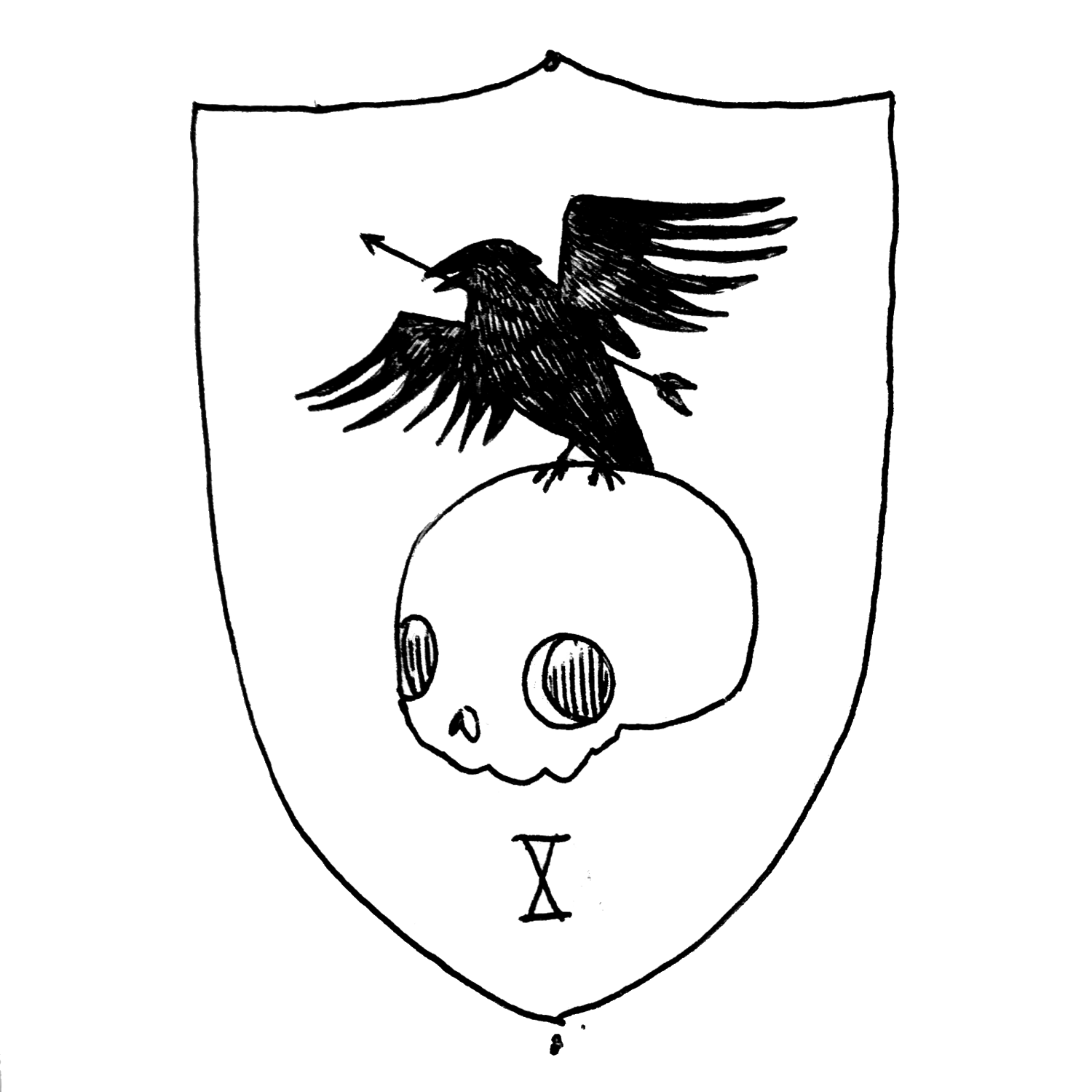Journaling
One of the ways I get buy-in and flesh out the game world is to encourage players to journal as their characters after every adventure.
I keep the format loose, they could write about anything and to anyone they want. It could be a letter, an actual journal, or something else entirely (e.g. multimedia presentation). I ask for least a paragraph, but more is always acceptable. I also journal as the DM, and provide short backgrounds, histories, or letters from a NPC.
I took the idea from the "Western Marches" campaign ran by Ben Robbins. If you haven't read it, I highly recommend the 5-part series. In it he describes the effect of encouraging the players to journal:
“What started off as humble anecdotes evolved into elaborate game summaries, detailed stories written by the players recounting each adventure (or misadventure). Instead of just sharing information and documenting discoveries (“we found ancient standing stones north of the Golden Hills”), game summaries turned into tributes to really great (and some really tragic) game sessions, and eventually became a creative outlet in their own right. Players enjoyed writing them and players enjoyed reading them, which kept players thinking about the game even when they weren’t playing.”
The Upside:
Although the primary purpose is to keep players thinking about the game, when players journal they unwittingly create usable content. For example, the highlights from my last campaign:
- Two of my players basically wrote a book (hundreds of pages) about their characters
- The cleric crafted a shockingly well made audio file for a rallying cry
- The dwarf created the entire mafioso-like (yet lovable!) dwarven society
The players produced pages of shockingly useful material including the final boss, replacement characters, new locations, and NPCs with backgrounds. They fleshed out a living world that was more interesting, dynamic, and alive than anything I could have created on my own. All I had to do was slightly refine and tie it all together. The players took to the world as if it was their own baby. They took foolish risks to save the NPC "lifelong friends" they had merely mentioned in a letter home. You will revel in the creativity of your friends.
Journaling also creates a dialogue between you and your players. It is an outlet, and you can pick up on how a player feels. If a paladin wonders what she is doing in town, it gives you a chance to write in motivation and nudge that character. Maybe she will give you a hint what she wants.
The Downside:
You lose some creative control, and sometimes it is hard to give that up. If a player named Drilly Drills writes to Ma Drills in Drills' Hall, that now exists, and there is very little you can do about it. Get ready to toss your notes in the air, because players have a new outlet to ruin your carefully laid plans. The players will go in every direction, and you are going to have to trust them not to take mechanical advantage of their new creative power. Although in my experience, most of the zany material easily incorporated in to the game world, and even made for some heartfelt moments (like when the aforementioned Drilly found Ma Drills' old armor).
Bottom Line:
Highly recommend. It feels like you are assigning homework, but getting adults to write fiction about their characters is easier than you think.

